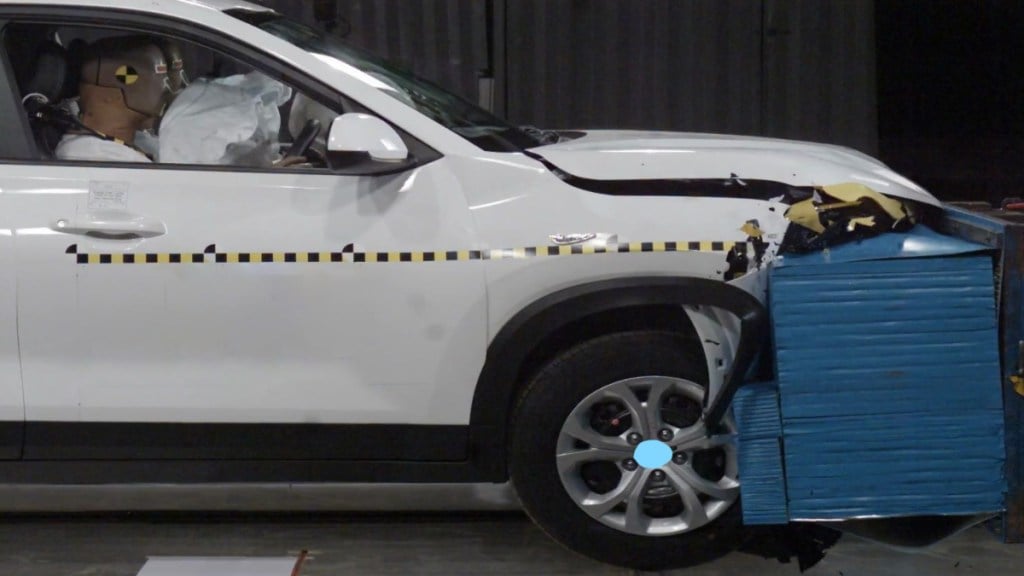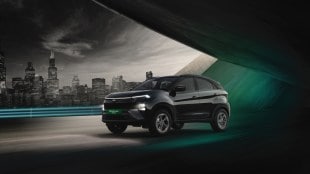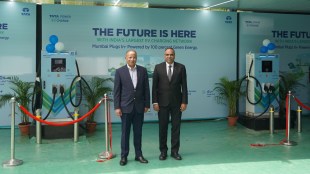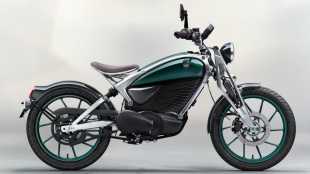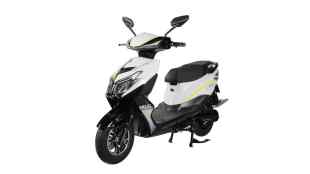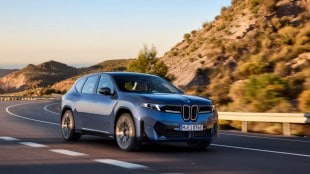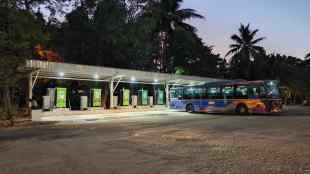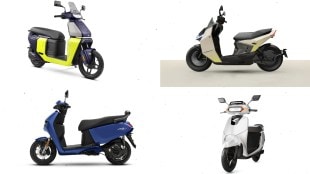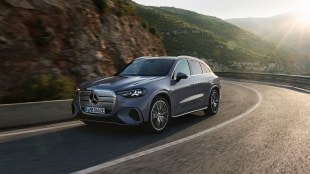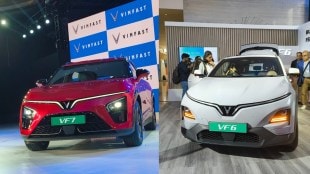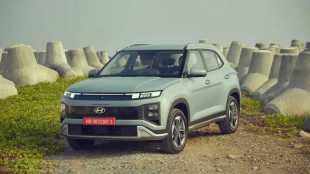Bharat New Car Assessment Programme (BNCAP) is an ambitious joint project between the Government of India (GoI) and Global NCAP– the regulatory body behind the safety crash test ratings. Launched in August this year, crash tests under BNCAP were slated to start from October 1 this year but later pushed to December 15, due to the peak festive season.
Ahead of its official debut tomorrow, the website of Bharat NCAP went live recently. The website gets a few images, which suggest that BNCAP may already have started with the crash tests. Reportedly, Kia Sonet and Tata Punch are the first batch of cars to be tested by the autonomous body.
Bharat NCAP tests begin tomorrow
In another image, we see a unit of Honda City undergoing a frontal impact test. There are other images of dummies inside the cabin of the test vehicles. However, it cannot be confirmed at this point of time if these images are from crash tests conducted by BNCAP or images borrowed from other crash test bodies. As expected there are no crash test results published on the website as of now.
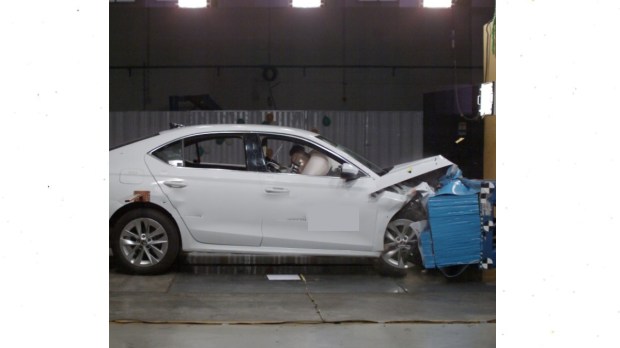
To refresh our readers’ memories, On 22 August 2023, became the 11th overall NCAP agency for crash test safety ratings to come into effect. Moreover, India became the fifth country globally to introduce its own car crash test rating system. As of now, it is a completely voluntary process.
That said, even before it was launched, BNCAP received applications for over 30 car models to be tested for safety ratings. Vehicles tested under this programme, will carry a Bharat NCAP logo as well as a sticker, showcasing its rating. As per our earlier report, each major carmaker has nominated 3 models for safety tests under Bharat NCAP.
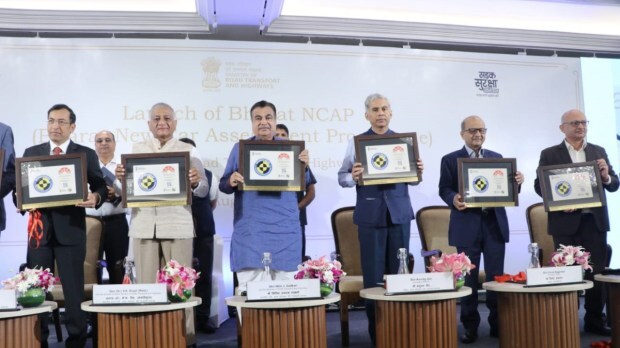
Bharat NCAP crash test eligibility & process
A vehicle in the M1 category that can carry up to eight people including the driver and weighs less than 3.5 tonnes, is eligible for taking part in this crash test. Only base models of cars will be tested under BNCAP and to qualify for three stars and above, the cars must be fitted with ESC as standard. Those with optional ESC will be rated two stars, depending on how they perform.
Besides internal combustion engine (ICE) models, CNG cars as well as battery-powered electric vehicles are eligible to undergo the safety test. The BNCAP programme will rate cars based on the safety provided to adult occupancy and child occupancy. The tests will be performed with crash dummies and will also rate the safety features of cars.
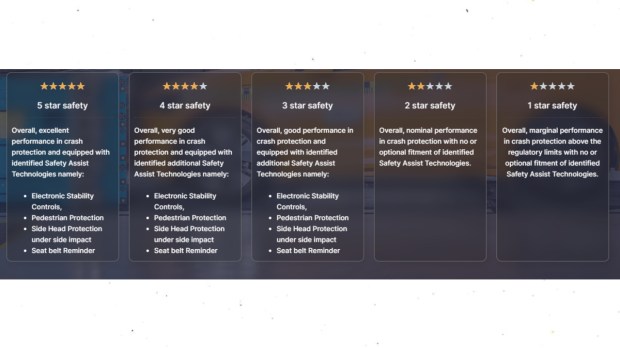
The cars will be rated on a scale of one to five stars. Each car will go through 5 key tests: frontal impact, side impact, side pole impact, electronic stability control and pedestrian-compliant front design. Based on these test results, a model will be awarded points for Adult Occupant Protection (AOP) and Child Occupant Protection (COP).
The test program is based on the AIS-197 standards. The selected test units will be sent to the nearest testing centre in coordination with the Central Institute of Road Transport (CIRT). After completion of the entire process, results will be published on Bharat NCAP’s official website and a certificate will be issued by the CIRT.
